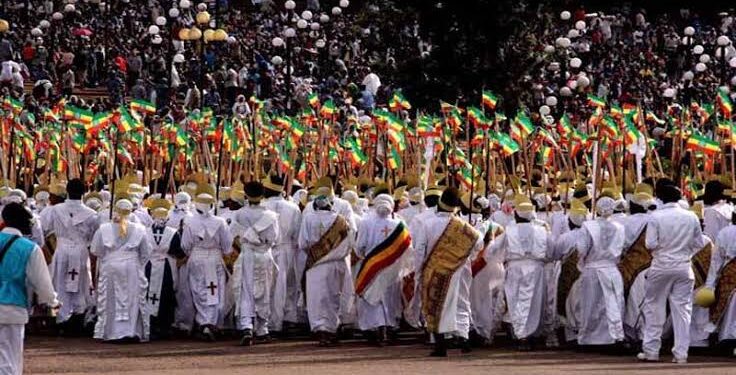While the rest of the world is living in 2024, Ethiopia is stepping into 2017, thanks to its unique calendar. The East African nation celebrates its New Year on September 11 or 12, depending on the leap year cycle, marking the beginning of a fresh year full of hope and tradition.
Ethiopia follows the ancient Coptic calendar, which is about seven to eight years behind the Gregorian calendar used in most parts of the world. This makes their New Year, known as Enkutatash, a particularly special occasion, as it combines both religious and cultural traditions.
Unlike many countries that lost elements of their culture due to colonization, Ethiopia is one of the few African nations that managed to preserve its independence. Throughout its long history, it fiercely defended itself from foreign powers, most notably during the Battle of Adwa in 1896, when Ethiopian forces successfully repelled an attempted Italian colonization. This legacy of independence is something the country continues to celebrate alongside its New Year festivities.
The celebration of Enkutatash is marked by singing, dancing, and colorful gatherings. Homes are adorned with flowers, and people wear traditional white clothing to mark the start of the new year. As the rainy season comes to an end, Ethiopians see this period as one of renewal and hope, similar to how many view the spring season in other cultures.
While the world may be looking ahead to 2024, Ethiopia remains proudly rooted in its history and traditions as it steps into 2017 with a sense of optimism and unity. For Ethiopians, it’s a time to reflect on their rich culture, history, and resilience, while looking forward to what the new year will bring.






















































